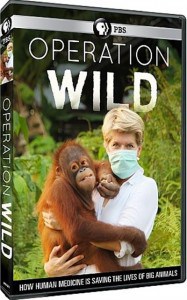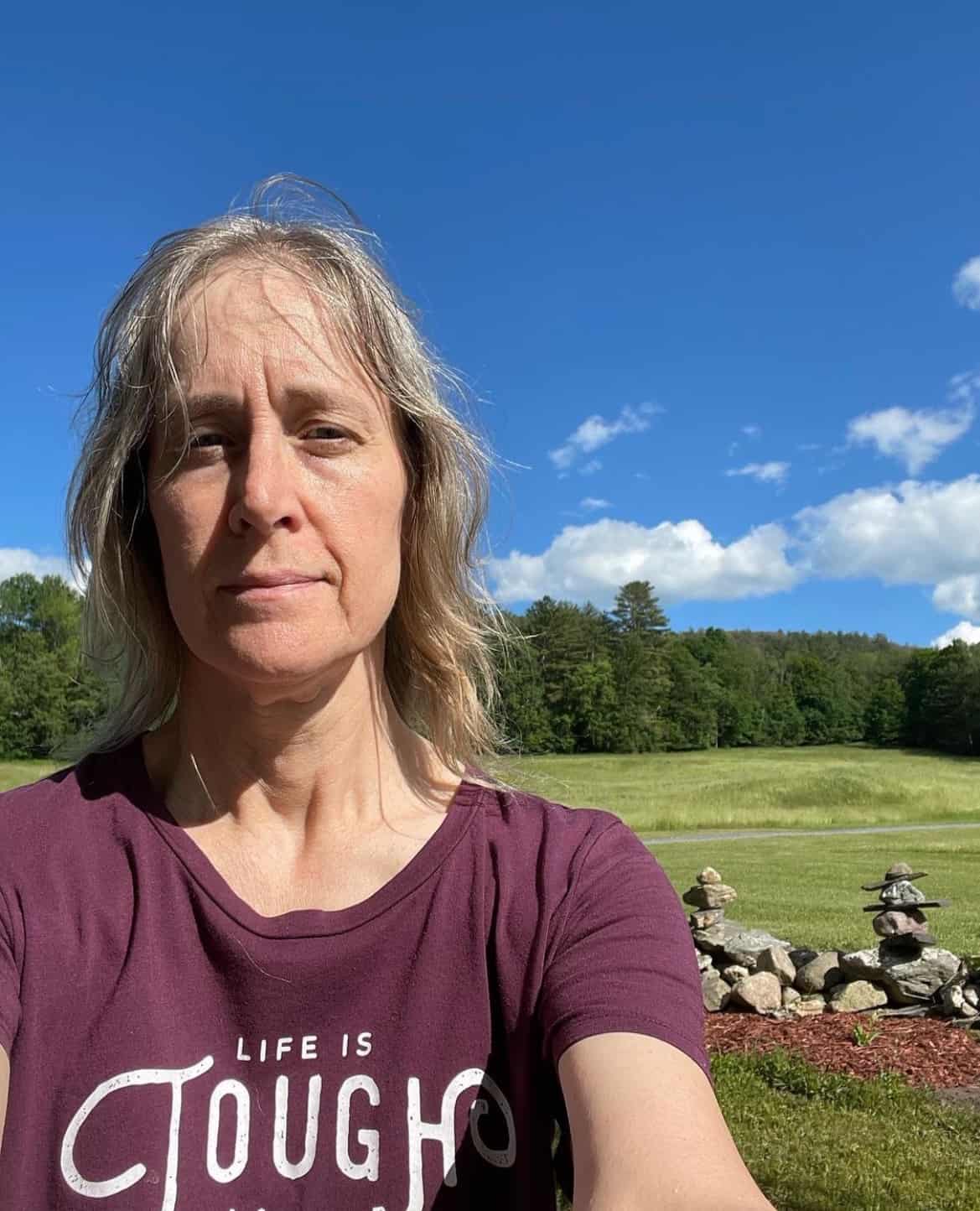Last Updated on February 6, 2022 by ellen
 Sometimes it seems like there is so much negative news that it overshadows the positive. I love it when I learn about people who are trying to do good things in the world. PBS Operation Wild has shown me that there are veterinary teams around the world that are attempting to save animals’ lives.
Sometimes it seems like there is so much negative news that it overshadows the positive. I love it when I learn about people who are trying to do good things in the world. PBS Operation Wild has shown me that there are veterinary teams around the world that are attempting to save animals’ lives.
Posts may be sponsored. This post contains affiliate links, which means I will make a commission at no extra cost to you should you click through and make a purchase. As an Amazon Associate I earn from qualifying purchases.
PBS Operation Wild
PBS Operation Wild is a three-part program that spans the globe and gives viewers an in-depth, behind-the-scenes look at how pioneering human medicine can also transform the way to treat ailing wildlife. Filmed over 18 months in co-production with BBC Earth, Operation Wild follows veterinarian teams from around the world as they push the boundaries of veterinary medicine and undertake groundbreaking operations to try to save, or at least improve, animals’ lives.
Episode One – In the first part of this program, the filmmakers travel to the Wolong Giant Panda Base in South West China, where vets are using high-tech animal medicine to try to save the species. In West Africa, a gorilla called Shufai is still attempting to recover from being shot in the arm by poachers when he was just a baby. A vet in Japan has invented a new kind of underwater medicine designed to look after manta rays. Audiences also glimpse the largest pop-up animal ER on the planet, created when an ancient kite festival in India causes a wildlife crisis.
Episode Two – Part two follows a team in South Africa who is trying to help rhino Thandi with a ground-breaking skin graft operation after poachers stole her horns. A giraffe has caught his leg in a snare and must be caught and anesthetized to prevent his death. Rosemary, the orangutan, has micro-surgery in Borneo to try to restore her sight and give her back her freedom. At Lincoln Park Zoo in Chicago, viewers learn how human heart technology is being used to help our closest animal relatives, chimpanzees, prevent heart disease.
Episode Three – The third episode begins in the rainforest of Laos, where vets are going to attempt groundbreaking keyhole brain surgery on Champa, an endangered moon bear. In Japan, vet and inventor Dr. Keiichi Ueda has spent the last 12 years trying to improve the life of Fuji, a dolphin with no tail. Renowned reptile specialist Dr. Doug Mader attempts 21st-century surgery to save the life of a prehistoric beast, and in Poland, a team of South African vets is called in to try to remove the infected tusk of a five-ton elephant, Ninio.
PBS Operation Wild was such a touching DVD. I have always had a soft spot for animals, and it broke my heart to see some of the sufferings that they were going through. I am so glad that there were people there who tried to help them and in many cases handled life changing surgeries that allowed them to live better lives. If you enjoy animal stories and stories of hope, you’ll enjoy this DVD.
PBS Operation Wild will be available on DVD August 11, 2015. The run time of the DVD is approximately 180 minutes and its SRP is $24.99 and is available for digital download.

Ellen is a mom of a 25-year-old son and 30-year-old daughter. She is Grandma to one adorable toddler. In what little spare time she has, she loves to read, watch movies, and check out the latest toys and games.
I hadn’t heard of this PBS DVD but it is pertinent given the news of those awful killings of protected lions. My cousin and his wife are veterinarians but practice in Colorado and I’ve always loved animals so hate to see them suffer. So glad we have people willing to help them in the wild.
I agree, Deb. They really need our help!